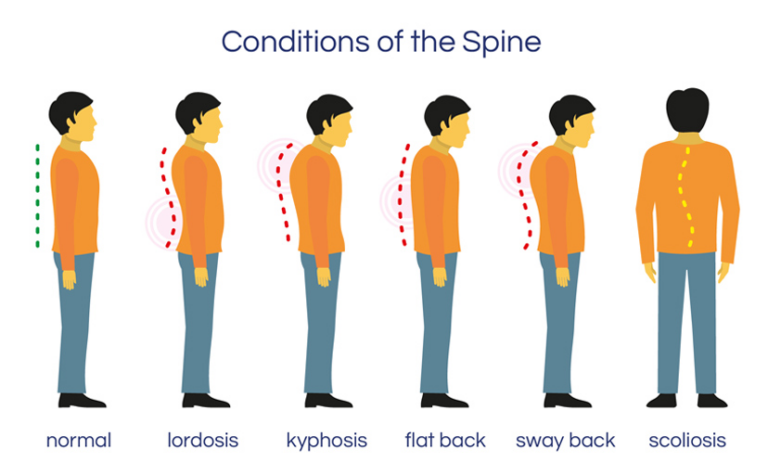Difference between FD & RD
Investing money to ensure capital safety and disciplined savings through monthly deposits guarantees returns and is ideal for people intending to take low-risk. RD calculator is a digital tool that helps you estimate the total amount you receive by making regular monthly deposits over a fixed tenure. With regularity in savings, the recurring deposit makes a perfect saving medium. On the other hand, a fixed deposit involves saving a lump sum amount leading to higher returns. Let us look at the major points of difference between the two calculators that help you assess the amount to be allocated for saving in the fixed or recurring mode for a secure future:
1. Nature of investment: One of the foremost things to consider before putting money in a one-time investment or a regular deposit for a specific tenure is the preference for the nature of investment. If you can allocate funds in one go, you should choose a fixed deposit that earns a good interest on it. Alternatively, in recurring deposits, you can deposit a fixed amount every month for a fixed time and build an investment gradually.
2. Interest rates: The interest rates in fixed deposit are generally higher as compared to recurring and other modes of saving. The larger the deposit, the higher the rate of interest it attracts.
3. Initial investment requirement: The initial amount in the case of an FD is higher than that of a recurring deposit, wherein the deposit is spread over time.
4. Frequency of investment: The fixed deposit method requires a one-time investment. However, in recurring deposits, you shall need to make disciplined regular investments every month.
5. Tenure options: In the case of a fixed deposit, the tenure may vary from a short-term period to a long one. This offers flexibility to plan and choose the duration as per your requirement of funds in future. In the case of recurring deposits, the tenure is fixed for a regular commitment of monthly payments ranging from half a year to a longer duration.
6. Liquidity: In terms of liquidity, the fixed deposit instrument is inflexible and you may have to incur a penalty or reduction in interest if you discontinue it before time. For a recurring deposit, you may liquidate the deposit but will have to bear penalties for missing a monthly payment which may eventually lead to account closure.
7. Returns calculation: A fixed deposit amount earns interest from the first day of deposit and continues to compound till maturity or premature withdrawal. Interest in recurring deposits is calculated in monthly installments. This leads to lower rates of interest.
8. Ideal for respective categories: The fixed deposit instrument is ideal for people with surplus funds and salaried individuals can choose recurring deposits to build a savings habit.
9. Taxation: In the case of a fixed deposit, the interest is taxable at the end of the tenure of the deposit if the amount exceeds the permissible limits as stated in the Union Budget. In the case of a recurring savings deposit, the interest is added to the income and standard rules apply. However, no TDs are deducted.
10.Loan facility: Banks provide a loan facility in the form of an overdraft against fixed deposits. Availing loans against recurring deposits is less common and the permissible amount is much lower.
Conclusion:
It can be aptly concluded that both fixed deposit and recurring deposits are safe and low risk instruments and allow for saving securely for the future. However, the choice between them depends upon the preferences and liquidity needs of the investor in addition to financial discipline and savings patterns. With an FD calculator, you can know about the exact interest amount that you can earn in a fixed duration. In case of recurring deposits, the calculator can help you assess the monthly amount and the interest that can be earned for a specific duration with a disciplined approach.
- Things Every Visitor Should Arrange Before Flying to Australia
- Know How Payment Tokenization Supports Cross-Border Payments Securely
- Bali Travel Essentials: Visa, Currency, SIM, Local Etiquette, And Safety
- Mistakes Parents Make When Selecting Baby Diapers and How to Avoid Them
- Exploring Your Options for Used Vehicle Financing in Today’s Market





